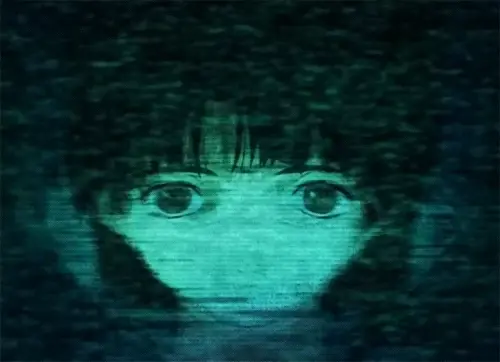

Pause and Select was my favourite anime channel, but he got busy irl and doesn’t make that much content anymore 
Zeria and Pedantic Romantic were also good but they kinda disappeared. Short rule of thumb, if a Youtuber makes a video about Revolutionary Girl Utena (and “gets” it) they’re usually cool and good.





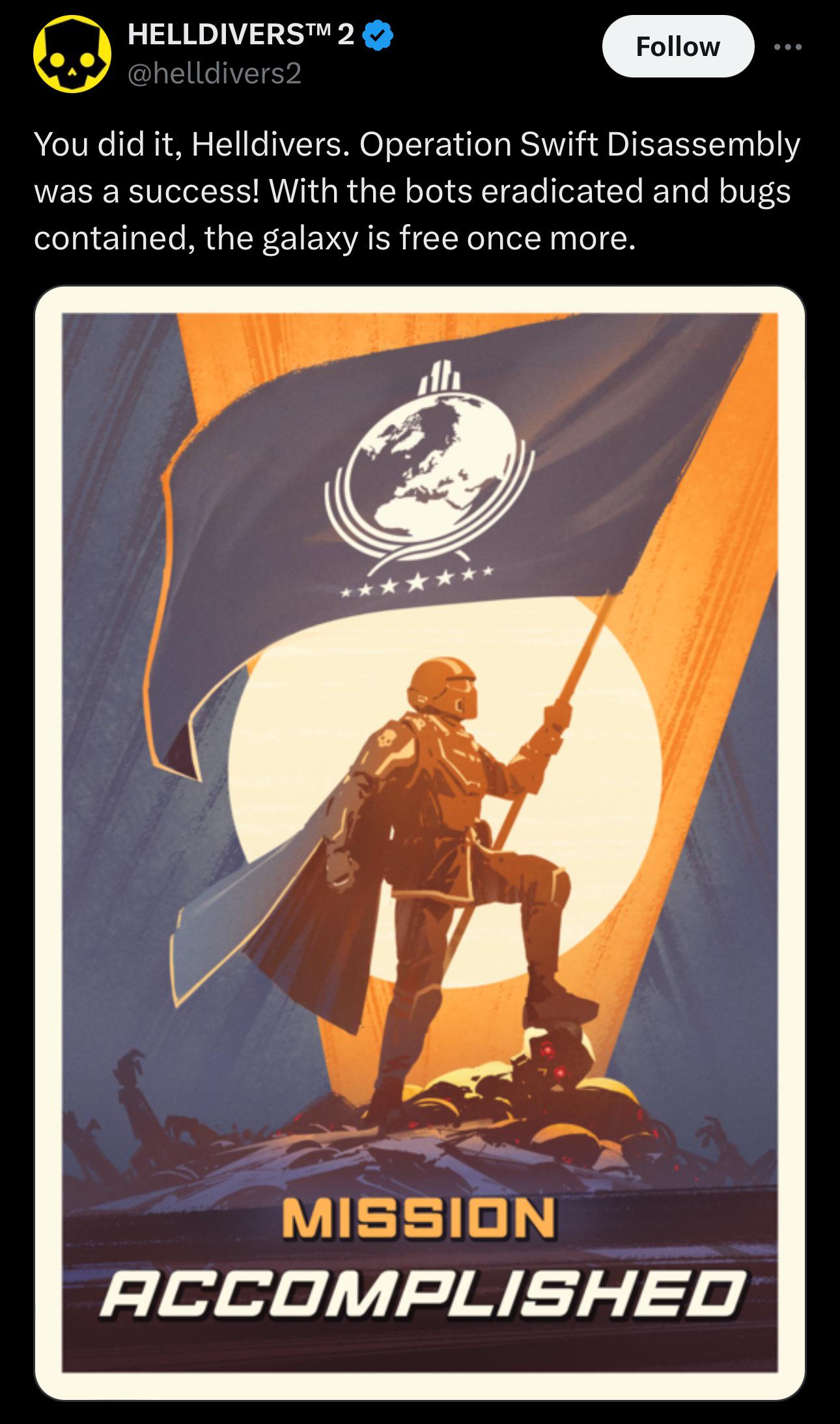





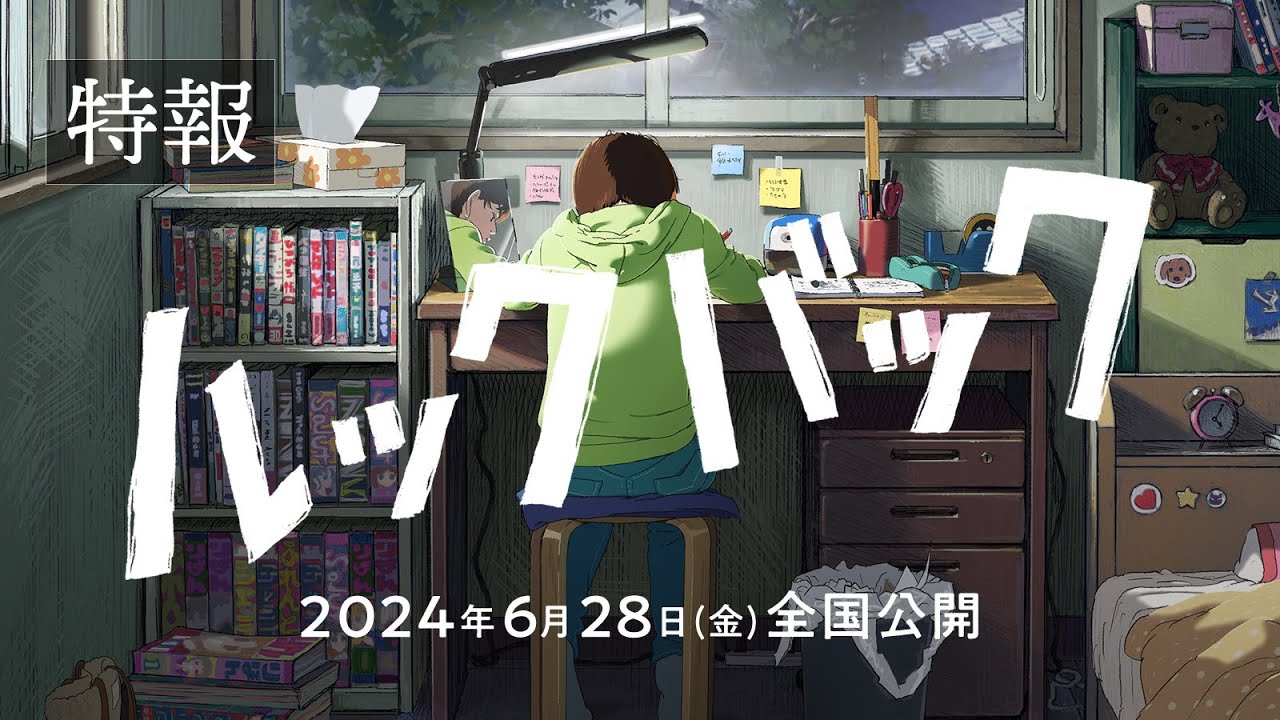

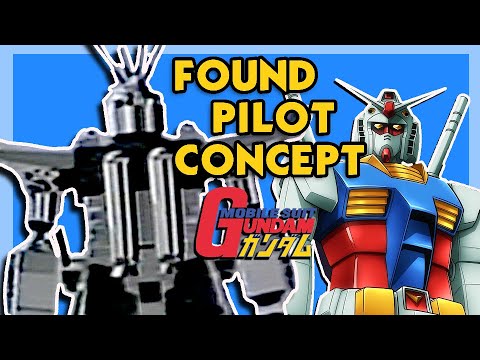
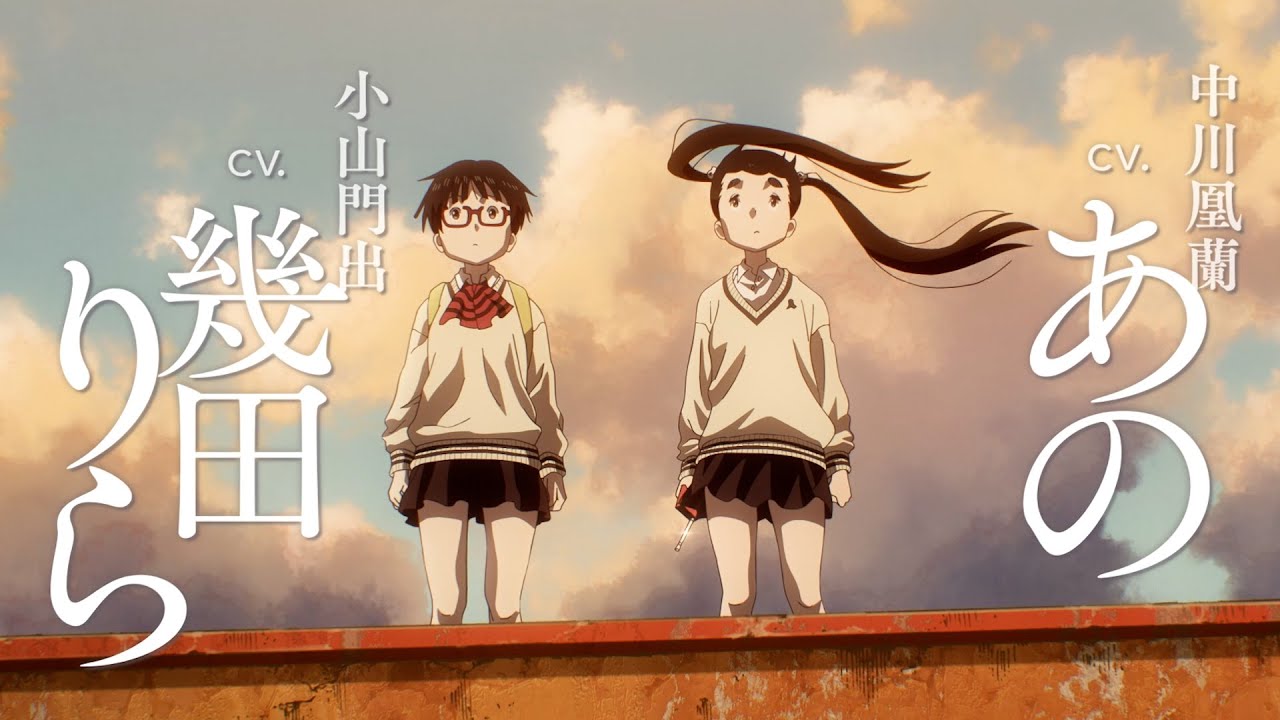

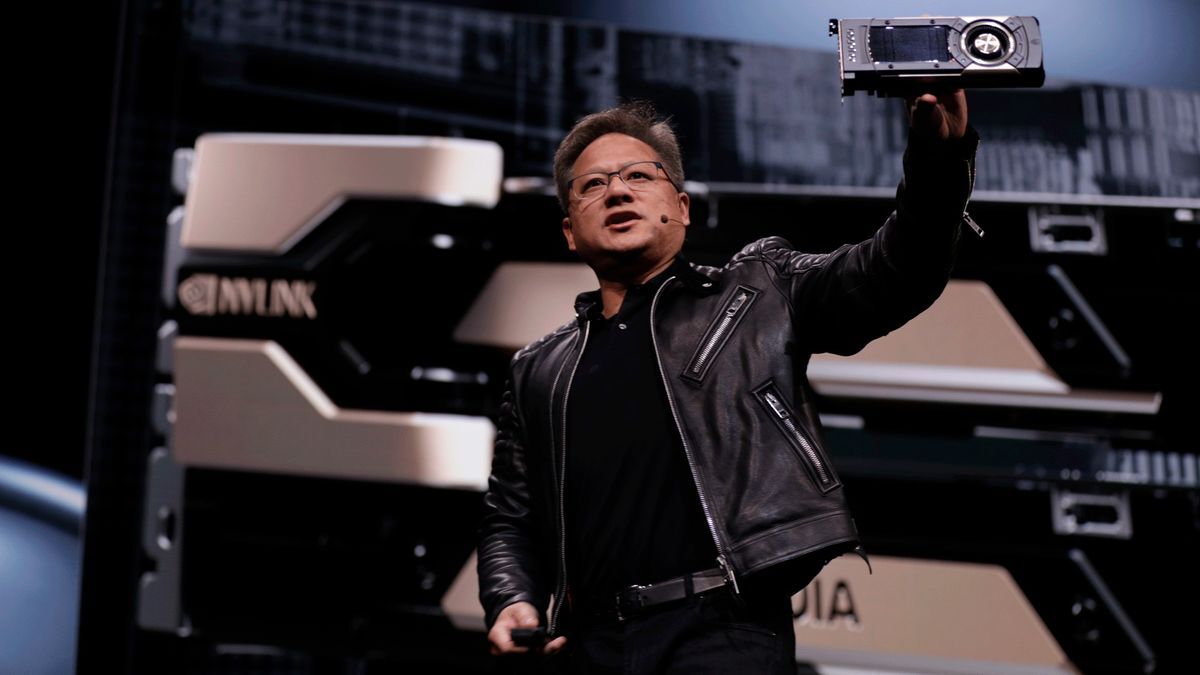
I think the game is balanced around them, yeah. I don’t think they’re easy mode.
My problem with them isn’t a “git gud scrub” thing, I just hate ai companions making the bosses behavior erratic. It’s why I usually prefer to play Monster Hunter solo instead of multiplayer, the boss randomly switching target makes watching for tells and openings harder than 1v1.
Although this means that I’m slamming my head into the brick wall that are these dlc bosses lol